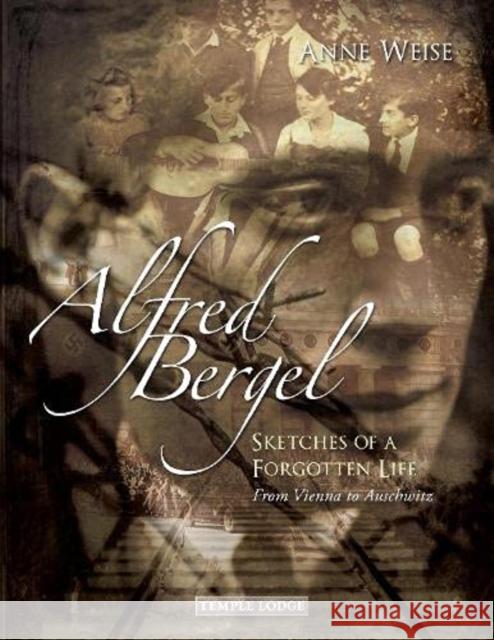Alfred Bergel: Sketches of a Forgotten Life - From Vienna to Auschwitz » książka
Alfred Bergel: Sketches of a Forgotten Life - From Vienna to Auschwitz
ISBN-13: 9781912230846 / Angielski / Miękka / 2022 / 308 str.
In a remarkable deed of original scholarly research and detailed detective work, Anne Weise recreates sketches of a lost life - of one of the millions of forgotten souls whose lives came to a violent end in the Holocaust. Her focus is Alfred Bergel (1902-1944), an artist and teacher from Vienna who was a close associate of Karl Koenig - the founder of the Camphill Movement for people with special needs - who wrote of Bergel in his youthful diaries as his best friend 'Fredi'. After the annexation of Austria, Alfred Bergel found himself unable to escape the horror of the National Socialist regime. Subsequently, in 1942 he was deported to the Theresienstadt camp. Imprisoned there, he produced numerous artistic works of the inmates of the ghetto and taught drawing, art history and art appreciation - sometimes in collaboration with the Bauhaus artist Friedl Dicker-Brandeis. During this period, he was also forced by the Nazis to produce forgeries of classic art works. One of the central figures of cultural life in the Theresienstadt ghetto, Bergel was eventually transported to the Auschwitz concentration camp in 1944 where, tragically, he was murdered. His name and his work are largely forgotten today, even amongst Holocaust researchers, but Weise succeeds in honouring the life of the Jewish artist by lovingly piecing together his biography, based on numerous personal testimonies by friends and contemporaries and supplemented with documents and many dozens of photos and colour reproductions of Bergel's artistic works. This invaluable recreation of a life provides insight not only into the desperate plight of a single individual, but also illustrates the human will and determination to survive in the context of one of the darkest periods of recent history.











